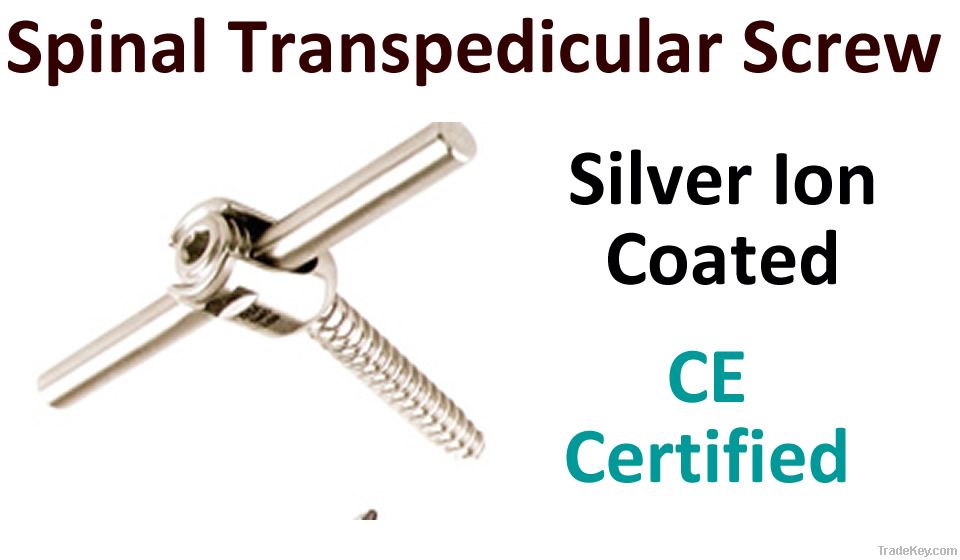





Prix FOB
Obtenir le dernier prix|
300 Piece Minimum Order
Pays:
Turkey
N ° de modèle:
N0001
Prix FOB:
Localité:
Turkey
Prix de commande minimale:
-
Commande minimale:
300 Piece
Packaging Detail:
Nonsterile Pack
Heure de livraison:
10 Days
Capacité de Fournir:
10000 Piece per Day
Payment Type:
L/C, T/T, Western Union, PayPal
Groupe de produits :
Turkey
Personne à contacter Mustafa
Methicillin-resistant Staphylococcus aureus (MRSA) is a bacterium responsible for difficult-to-treat infections in humans. It may also be referred to as multidrug-resistant Staphylococcus aureus or oxacillin-resistant Staphylococcus aureus( ORSA ). MRSA is by definition a strain of Staphylococcus aureus that is resistant to a large group of antibiotics called the beta-lactams , which include the penicillins and the cephalosporins.
The organism is often sub-categorized as Community-Acquired MRSA (CA-MRSA) or Health Care-Associated MRSA (HA-MRSA) although this distinction is complex. Some have defined CA-MRSA by criteria related to patients suffering from an MRSA infection while other authors have defined CA-MRSA by genetic characteristics of the bacteria themselves. CA-MRSA strains were first reported in the late ***0s; these cases were defined by a lack of exposure to the health care setting. In the next several years, it became clear that CA-MRSA infections were caused by strains of MRSA that differed from the older and better studied healthcare-associated strains. The new CA-MRSA strains have rapidly become the most common cause of cultured skin infections among individuals seeking emergency medical care for these infections in urban areas of the United States. These strains also commonly cause skin infections in athletes, jail and prison detainees, and soldiers.
MRSA is a resistant variation of the common bacterium Staphylococcus aureus. It has evolved an ability to survive treatment with beta-lactam antibiotics, including methicillin, dicloxacillin, nafcillin, and oxacillin. MRSA is especially troublesome in hospital-associated (nosocomial) infections. In hospitals, patients with open wounds, invasive devices, and weakened immune systems are at greater risk for infection than the general public. Hospital staff who do not follow proper sanitary procedures may transfer bacteria from patient to patient. Visitors to patients with MRSA infections or MRSA colonization are advised to follow hospital isolation protocol by using the provided gloves, gowns, and masks if indicated. Visitors who do not follow such protocols are capable of spreading the bacteria to cafeterias, bathrooms, and elevators.
Silver, which is the basic logic of the system, has
antibacterial characteristics. Among the most effective
antibiotics, Meticillin-Resistant Staphylococcus Aureus
(MRSA) is one of the primary dangerous bacteriums. It was
found in the studies performed that silver protects the
stabilization systems used in spinal surgery from bacteriums
such as MRSA (meticillin-resistant Staphylococcus aureus
Meticillin is among the most powerful antibiotics) that
causes hospital infections with a rate of *1,6 percent, an
deven kils these deadly microorganisms.
With the purpose of not changing the biomedical
characteristics of the system that this procedure will be
applied to, an not to create side effects because of the
material used, the coating material in microgram weights must
be implanted onto the system in micron thickness. Following
the silver coating with Sol-Gel method, it was projected that
the volume of silver changes by 2mg to 5mg in total. Even in
case that the entire volume of silver rapidly involves the
circulation in body, it will not be possible that silver
level in blood can reach a toxic level that will cause acute
or chronic argyria. Spinal systems which are coated silver by
Nanotechnology method, is considered a perfect application of
the most effective antibacterial actions with complete
biomechanical compliance.
Laboratory Findings of Silver-Titanium Implants [Bacteria Staphylococcus aureus (MRSA +)]
[Picture 1] The Titanium disc contamined with Staphylococcus aureus (MRSA +) and cultured on agar. It shows the spreading of the bacteria on the disc place with collonisation. Temp: *7°, duration *2 hours.[Picture 2] The Titanium-Silver disc contamined with Staphylococcus aureus (MRSA +) and cultured on agar. It shows no spreading of the bacteria on the disc place and no any collonisation. Temp: *7°, duration *2 hours. [Picture 3] The half of disc made from Titanium and the other half is made from Titanium-Silver. The all agar contamined with Staph. aureus and then the disc puted on it. After *2 hours at *7° there is no spreading of the bacterial collony on the Titanium-Silver area.[Picture 4] The disc made from Titanium. The all agar contamined with Staph. aureus and then the disc puted on it. After *2 hours at *7° there is much more spreading of the bacterial collony on the Titanium and agar area.
Postop Deep Wound Infection Of The Lung Cancer Patient After Normal Titanium Screw Implants
Bacterial Culture Showed [Staphylococcus aureus MRSA (+)]
Pre-op / Post-op Infection Pictures
There are wound infection after Normal Titanium Spinal Implant Application on the Cancer Patient [Picture 1]. This wound showed MRSA (+) infection via culture [Picture 2].
The first Spinal System Removed from Patient and Applied Antibacterial Silver Covered Spinal System [Picture 3]. Wound Closed [Picture 4].
| Pays: | Turkey |
| N ° de modèle: | N0001 |
| Prix FOB: | Obtenir le dernier prix |
| Localité: | Turkey |
| Prix de commande minimale: | - |
| Commande minimale: | 300 Piece |
| Packaging Detail: | Nonsterile Pack |
| Heure de livraison: | 10 Days |
| Capacité de Fournir: | 10000 Piece per Day |
| Payment Type: | L/C, T/T, Western Union, PayPal |
| Groupe de produits : | Spinal Systems |